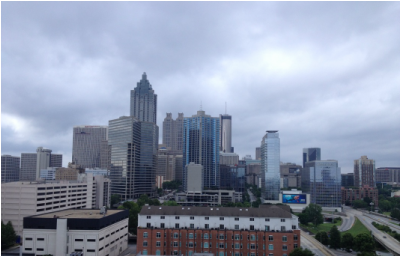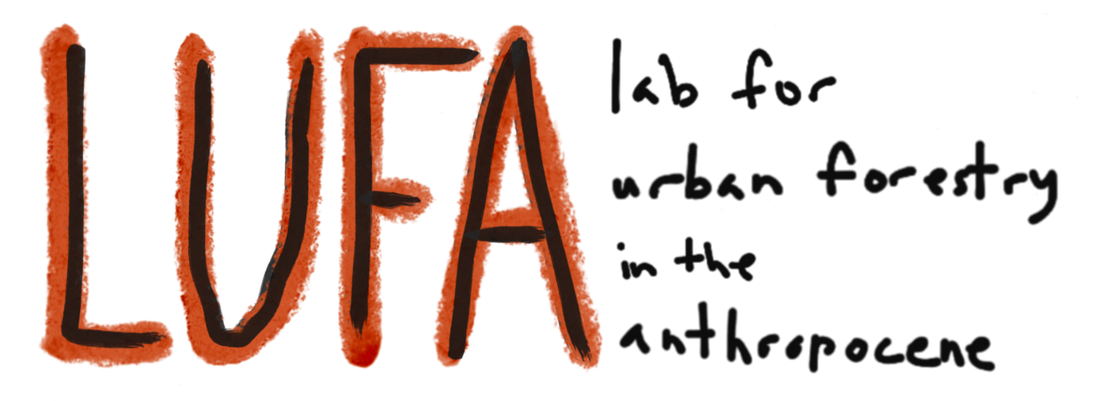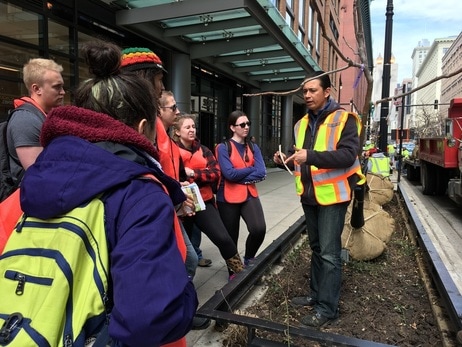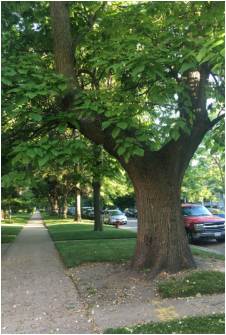Explorations in Urban Greening, Neighborhoods, & Sustainability Science
How can urban forestry help cities & communities
be sustainable & resilient in the Anthropocene?
At LUFA, we work with nonprofits, municipalities, and community groups within the urban forestry and urban greening community to conduct applied research that aims to improve capacity to steward our urban forests and greenspaces now and into the future. Our lab's mixed methods projects are heavily influenced by transdisciplinary systems thinking, the social-ecological system (SES) framework, the discipline of sustainability science, and theories of transformative leadership and changemaking. Though our research is based primarily in North America, we are inspired by the work of the many people and organizations working to improve life for urban communities around the world.
What is Urban Forestry?Urban forestry is the study and practice of installing, maintaining, preserving, and stewarding all of the trees, forests, greenspace, gardens, parks, and other vegetation in and around the cities, towns, and communities where people live, work, play, and go to school. Urban forestry and the related term urban greening refer to essentially all activities involving the living green infrastructure in our cities, including:
|
What is the Anthropocene?
 The skyline of Atlanta, Georgia, one of the most sprawling metros in the U.S.
The skyline of Atlanta, Georgia, one of the most sprawling metros in the U.S.
The Anthropocene is a new geologic epoch characterized by dramatically increased and increasing human use of materials and natural resources and expulsion of waste/pollution into the environment. Earth systems and sustainability science research over the past decade or two has revealed that human activities are the single, dominant driver of major Earth processes. Human impacts on the environment include:
- Land use change and deforestation
- Biodiversity loss (incl. species extinctions)
- Biogeochemical flows (such as nitrogen and phosphorous used in fertilizers)
- Freshwater use, and
- Climate change.
Urban Forestry for the AnthropoceneThe Anthropocene is predominately urban: over 50% of the global population and 80% of the developed world live in urban areas. Urban forests provide many benefits that contribute to a high quality of life for urban residents, and can help communities mitigate and adapt to the stresses of the Anthropocene.
|










